Water Quality Services
Our water company offers a range of services to ensure that you have access to clean and safe drinking water. Our consultancy services include the assessment of water quality and quantity. We also provide water testing services to identify any potential contaminants or pollutants in your water supply. Our team of experts offers comprehensive solutions to help you maintain a healthy and sustainable water supply. With our commitment to quality and customer satisfaction, you can trust us to provide you with the best possible service.
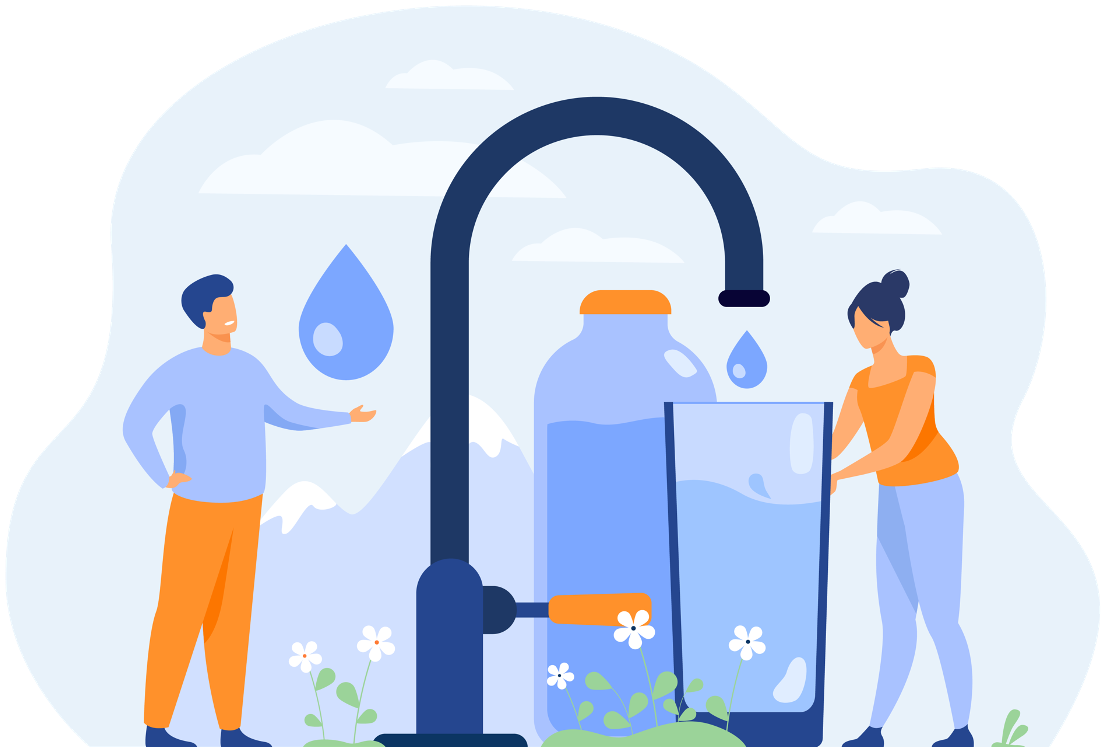
Start With a Free Consultation!
We offer free consultation on water quality and solutions. Book your slot below to speak with our experts.
What You Get
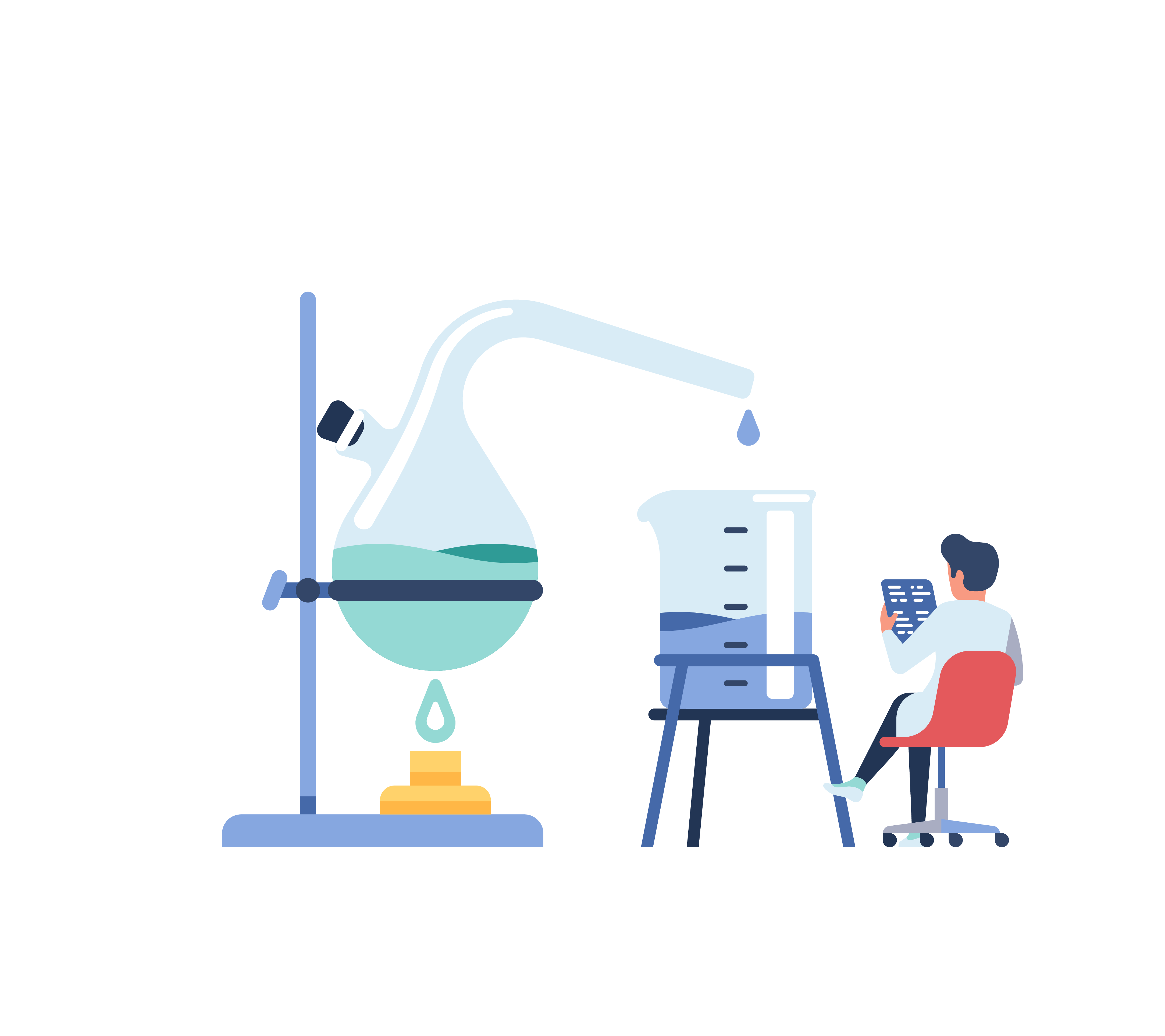
Water Testing
- Site visit
- Professional and scientific water sampling
- Testing in credible laboratories
- Scientific report
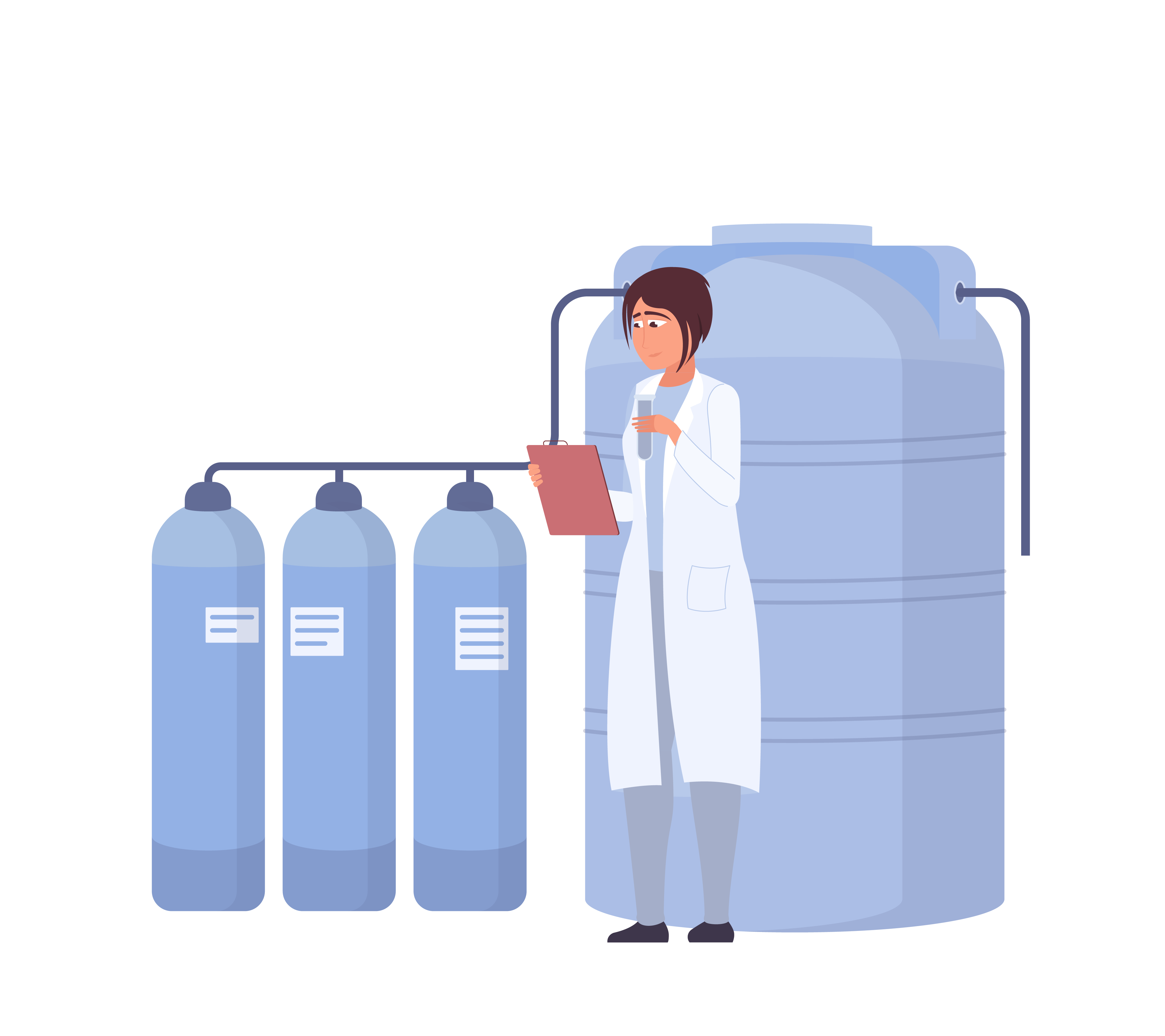
Customized Solutions
- Site visit and water sampling
- Testing in credible laboratories
- Results analysis and suggested solutions
- Solution installation
Frequently Asked Questions
What is water quality and why is it important?
Water quality refers to the physical, chemical, and biological characteristics of water. It is important because it can affect public health, the health of ecosystems, and the availability of water resources for human consumption and economic activities.
What are the common pollutants found in drinking water?
The common pollutants found in drinking water include bacteria, viruses, chemicals such as pesticides and industrial waste, and heavy metals such as lead and mercury.
How do I know if my tap water is safe to drink?
You can check with your local water supplier or public health department to get information on the quality of your tap water. You can also have your water tested by a certified laboratory to check for contaminants.
How often should I have my water tested for quality?
It is recommended to test private well water at least once a year for bacteria, nitrates, and other contaminants. Public water supplies are routinely tested by water treatment plants, but you can still request a water quality report from your supplier.
What is the difference between hard water and soft water?
Hard water contains a high concentration of minerals such as calcium and magnesium, while soft water has a low concentration of these minerals. Hard water can cause problems with plumbing and appliances, while soft water is easier on skin and hair.
How do water treatment plants purify water for consumption?
Water treatment plants use various processes such as coagulation, sedimentation, filtration, and disinfection to remove contaminants from water and make it safe for consumption.
Can contaminants in water affect the taste and odor?
Yes, contaminants such as algae, bacteria, and chemicals can affect the taste and odor of water.
What are the health effects of drinking contaminated water?
Drinking contaminated water can lead to a range of health problems such as gastrointestinal illness, reproductive problems, and neurological disorders.
What are some ways to improve the quality of my drinking water at home?
Some ways to improve the quality of your drinking water at home include using a water filtration system, boiling water, and using bottled water from a reputable source.
What should I do if I suspect my well water is contaminated?
If you suspect your well water is contaminated, stop using it for drinking and cooking immediately and have it tested by a certified laboratory. If the test confirms contamination, you should take steps to treat or remediate the problem.
Why You Should Test Your Water

Ensure Safe Drinking Water
Testing your water is essential to ensure that it is safe for you and your family to drink. Water can contain harmful contaminants like bacteria, viruses, and chemicals that can have serious health effects. By testing your water, you can identify any potential health risks and take appropriate action to address them.
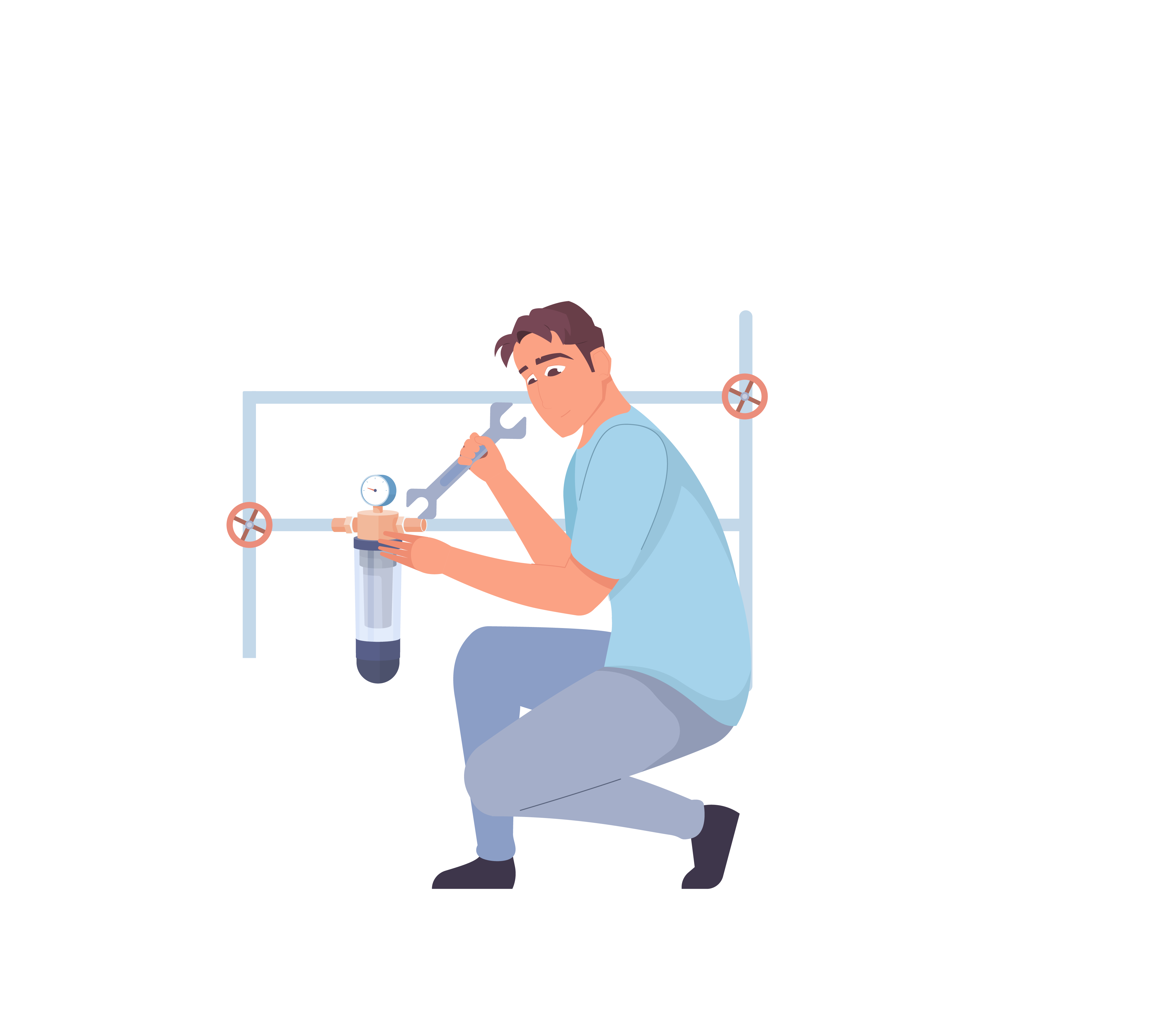
Protect Home Appliances
Hard water is a common issue in many households, and it can cause damage to home appliances like water heaters, dishwashers, and washing machines. Testing your water can help you identify the hardness of your water and take steps to prevent damage to your appliances.
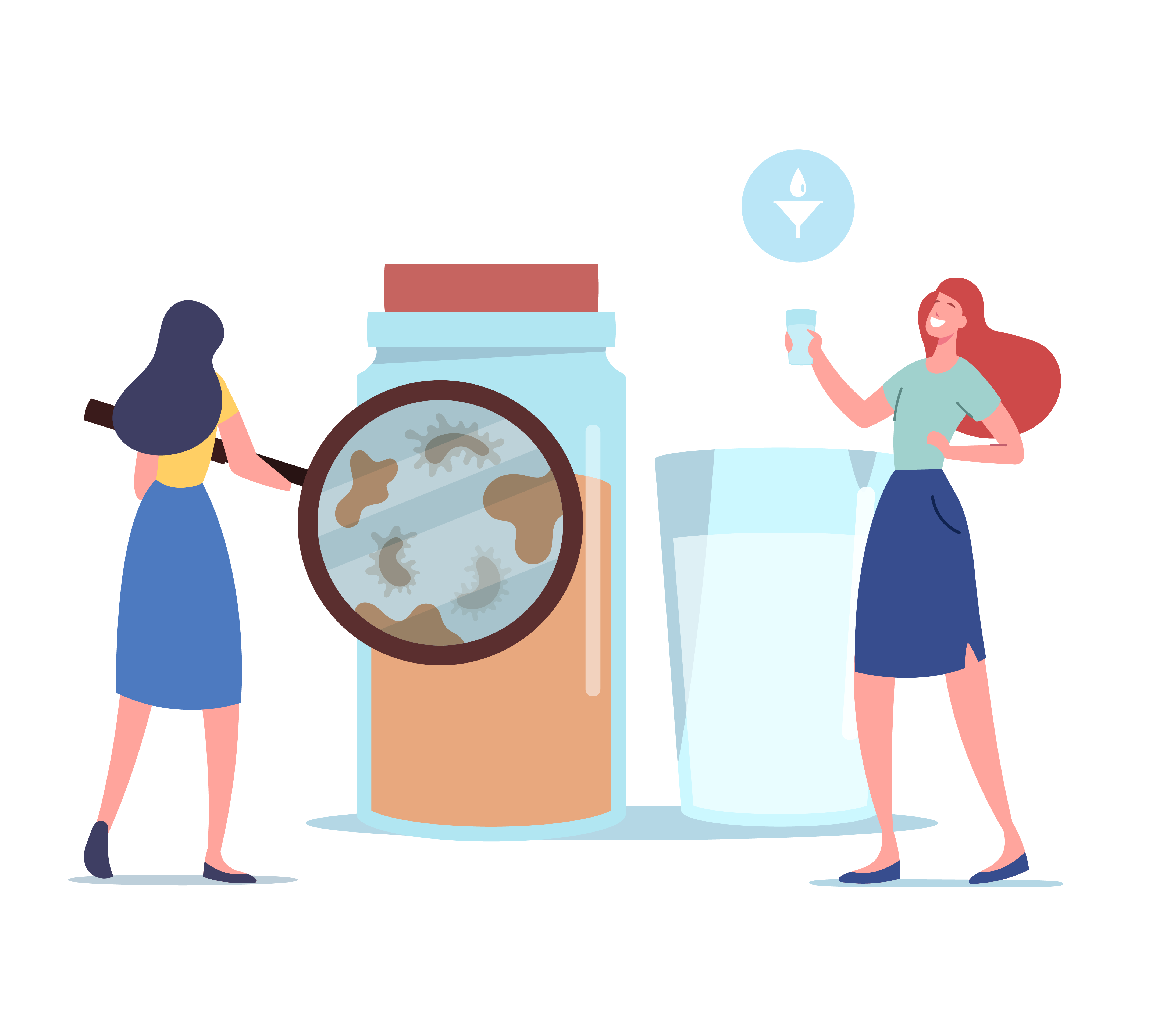
Identify Other Water Issues
Testing your water can also help you identify other issues like low pH levels, high iron or copper levels, or other mineral imbalances. These issues can affect the taste and appearance of your water, as well as the efficiency of your plumbing system. By identifying these issues, you can take steps to improve the quality of your water and prevent any long-term damage to your plumbing.
Our Customers
“The process of testing my water was seamless and efficient, and I was impressed with the level of detail provided in the report I received. Not only did it give me peace of mind knowing that my water was safe for my family to drink and use, but it also highlighted areas where I could improve my water quality even further.”
“I appreciated the professionalism and expertise of your staff throughout the entire process. Their knowledge and guidance were invaluable, and I am grateful for the high level of care they demonstrated in addressing my concerns.”
“I couldn’t be more pleased with the service I received from your company. Thank you for providing such an outstanding experience and for helping me to ensure the health and safety of my family.”
